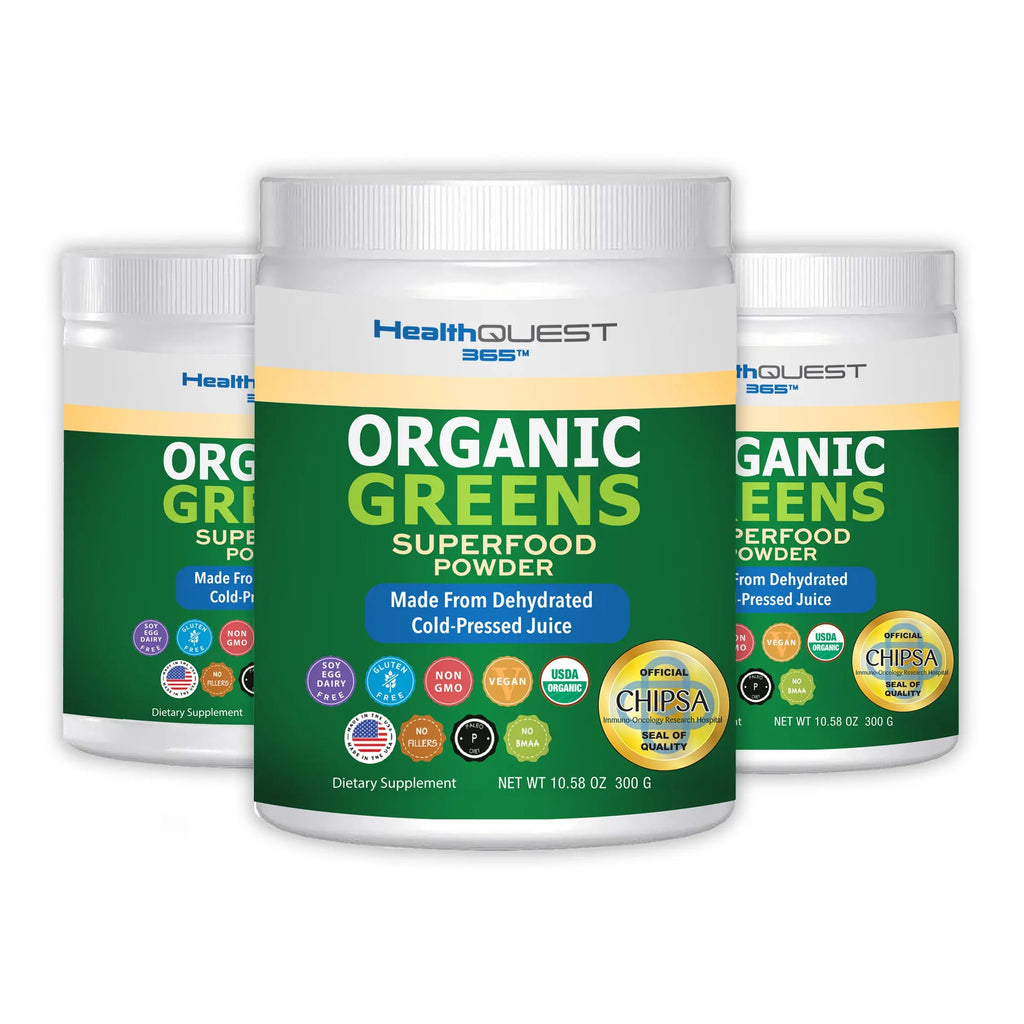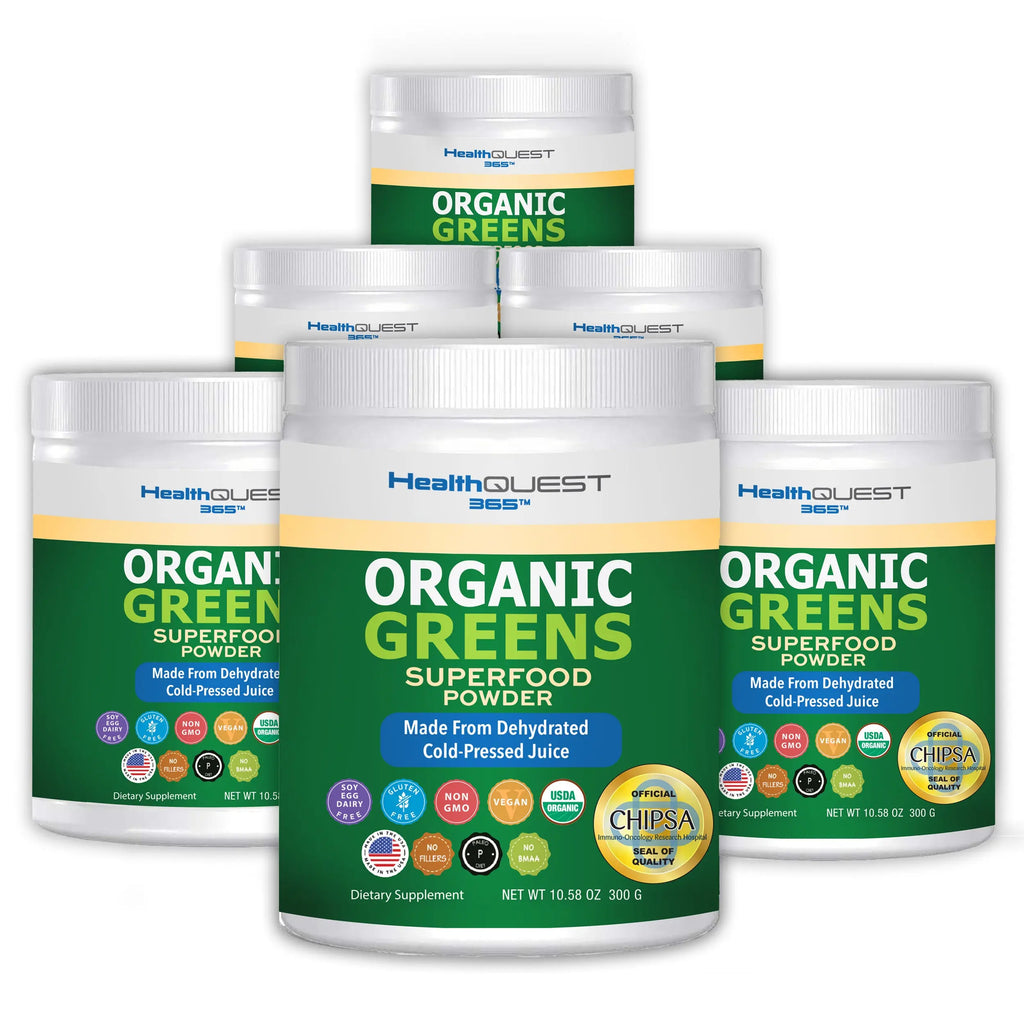It’s about health. It’s about healthy lifestyle. It’s about family™

The Secret to Living a Century: Lessons from 100-Year-Olds
Have you ever wondered what it takes to live a long, healthy, and fulfilling life? As we all strive for longevity, there's something special about reaching the age of 100.
In this blog post, we'll explore the world of centenarians. We will also reveal some of their secrets to living a century.

WHAT CAN WE LEARN FROM CENTENARIANS?
Centenarians are a fascinating group of individuals who have reached the age of 100 or more. They've lived through history, experienced incredible changes in the world, and gathered wisdom along the way. This is a feat, as many people do not reach half or sometimes even one third of this lifespan.
Studying centenarians can give us valuable insights into what it takes to live a long and healthy life. Their lives can act as maps for the rest of society to follow.
GENETICS PLAY A ROLE, BUT LIFESTYLE MATTERS MORE
Genetics play a role in determining one's lifespan. However, research has shown that lifestyle factors have a more significant impact on longevity.
A study published in the journal "Nature" found that only about 25% of the variation in human lifespan can be attributed to genetics. This means that 75% of our lifespan is determined by our lifestyle choices, such as diet, exercise, and social connections.
DIET IS KEY
Centenarians across the globe have diverse diets, but they all share one commonality. They consume nutrient-dense, whole foods.
Many centenarians eat a predominantly plant-based diet, rich in fruits, vegetables, whole grains, and legumes. They also tend to avoid processed foods, which are high in unhealthy fats, sugars, and artificial additives.
EXERCISE AND PHYSICAL ACTIVITY ARE ESSENTIAL
One common trait among centenarians is their commitment to regular exercise and physical activity. They may not all hit the gym, but they engage in daily activities that keep them moving and active, such as gardening, walking, or dancing.
Maintaining physical fitness helps to prevent many age-related disease. It also keeps the body strong and agile.
SOCIAL CONNECTIONS MATTER
Centenarians often have strong social networks and close relationships with their family and friends. These connections provide emotional support, companionship, and a sense of belonging.
These are essential for overall well-being. Strong social ties can reduce the risk of mortality and promote better mental health.

A SENSE OF PURPOSE IS CRUCIAL
Many centenarians have a strong sense of purpose in life, whether it's through their work, hobbies, or volunteering. This sense of purpose gives them a reason to get up in the morning and stay engaged with the world around them.
Having a sense of purpose can contribute to better mental and physical health and increase longevity.

Give You ALL Our Best Workbooks
Get all the Best Workbooks + Action Guides from our expert
HOW CAN WE APPLY THESE LESSONS FROM OLDER ADULTS?
Understanding the factors that contribute to a long and healthy life is one thing, but putting them into practice is another.
Here are some practical tips on how to incorporate the lessons from centenarians into your own life:
EAT A NUTRIENT-DENSE, WHOLE FOODS DIET
Focus on consuming a variety of fruits, vegetables, whole grains, and legumes. Avoid processed foods and opt for organic and locally sourced produce whenever possible.
STAY PHYSICALLY ACTIVE
Engage in regular exercise and find activities you enjoy, such as swimming, hiking, or yoga. Incorporate movement into your daily routine.
For example, you can take the stairs instead of the elevator or go for a walk during your lunch break.
NURTURE SOCIAL CONNECTIONS
Make an effort to maintain and strengthen your relationships with family and friends. Join clubs or organizations to meet new people. You can also participate in community events to stay socially engaged.

FIND YOUR SENSE OF PURPOSE
Discover what gives you a sense of purpose and fulfillment in life. It could be through your career, hobbies, or volunteering for a cause that's important to you.
CONSIDER SUPPLEMENTS
Sometimes, it can be challenging to get all the nutrients we need from our diet alone. Consider taking high-quality supplements like Organic Greens 365.
They can help ensure you're getting the essential nutrients your body needs to thrive.

FREE "Mystery Gift"?
Let me stay in touch with you via email and as a thank you - get this FREE gift.. Something others paid over $1,000 for.
(True story)
MEDICAL ADVANCES IN HUMAN HISTORY THAT PROMOTE LONGEVITY
Throughout history, there have been numerous medical advances that provided a new map for practitioners. These developments have contributed to increased life expectancy and overall human longevity.
These breakthroughs have helped us better understand the aging process. They also provided valuable insights into how we can promote healthy aging and maintain our well-being as we grow older.
Here are some notable medical advances that have played a significant role in promoting longevity:

VACCINES
The development of vaccines has been one of the most critical medical achievements in history, saving countless lives by preventing the spread of infectious diseases.
Vaccines work by introducing a weakened or inactivated form of a pathogen into the body. They stimulate the immune system to produce antibodies that can fight off future infections.
This has led to the eradication or control of several deadly diseases, such as smallpox, polio, and measles. These conditions were once significant threats to human life, especially for children.
IMPROVED HYGIENE AND SANITATION
Advancements in public health, particularly in the areas of hygiene and sanitation, have played a crucial role in promoting longevity. Some methods have drastically reduced the spread of infectious diseases. That includes t implementation of:
-
Proper sewage systems
-
Clean water supplies
-
Waste disposal
This has lead to healthier living conditions and longer lifespans.

ANTIBIOTICS
The discovery of antibiotics revolutionized medicine by providing an effective means of treating bacterial infections. Before the advent of antibiotics, common infections like pneumonia or strep throat could easily prove fatal.
The widespread use of antibiotics has significantly reduced the death rate from bacterial infections. This has contributed to increased life expectancy.
ADVANCES IN MEDICAL TECHNOLOGY
Medical technology has come a long way, with innovations such as:
-
Diagnostic imaging (e.g., X-rays, MRIs)
-
Minimally invasive surgeries
-
Advanced prosthetics
They have greatly improving our ability to diagnose and treat various health conditions. These advancements have increased the effectiveness of medical treatments. They have also reduced recovery times and improved the overall quality of life for patients.
PREVENTIVE MEDICINE
The focus on preventive medicine and early detection has had a significant impact on longevity. Regular screenings and check-ups can help identify potential health issues before they become more severe. This allows for early intervention and treatment.
Additionally, public health campaigns have contributed to increased awareness and better overall health. These promote healthy lifestyle choices, such as proper nutrition, exercise, and avoiding tobacco products
GERIATRIC MEDICINE
As the global population continues to age, the field of geriatric medicine has become increasingly important in addressing the unique health needs of older adults. Geriatricians specialize in the prevention, diagnosis, and treatment of age-related diseases and conditions. They help seniors maintain their independence and quality of life as they grow older.
Medical advances that promote longevity have played a pivotal role in improving human life expectancy and overall well-being. By continuing to invest in research and innovation, we can further our understanding of the aging process. We can also develop new strategies to support healthy aging and long-term vitality.
To Wrap Up
Living a century is an incredible feat, but it's not entirely out of reach for many of us. By applying the lessons we've learned from centenarians and making conscious choices to improve our health and well-being, we can increase our chances of enjoying a long, vibrant life.
Want to have an extra edge in achieving your longevity goals? Check out Organic Greens 365 today! It is a powerful blend of nutrient-dense superfoods designed to support your journey to longevity. So go ahead, make the commitment to living a century and beyond – because you deserve it!
FREQUENTLY ASKED QUESTIONS
A simple step would be to evaluate your current lifestyle and health, identify areas of improvement, and gradually incorporate healthier habits.
Absolutely! Physical exercises such as jogging, brisk walking, or bodyweight exercises can be done without a gym.
A positive attitude is vital in healthy living as it reduces stress and encourages persistence in maintaining healthier habits.
A supportive environment can be built by including people who have similar health goals or by seeking the support of friends, family, or online health and wellness communities.
Regular check-ups help in detecting any potential health issues early and managing them effectively. They keep you updated about your overall health.







